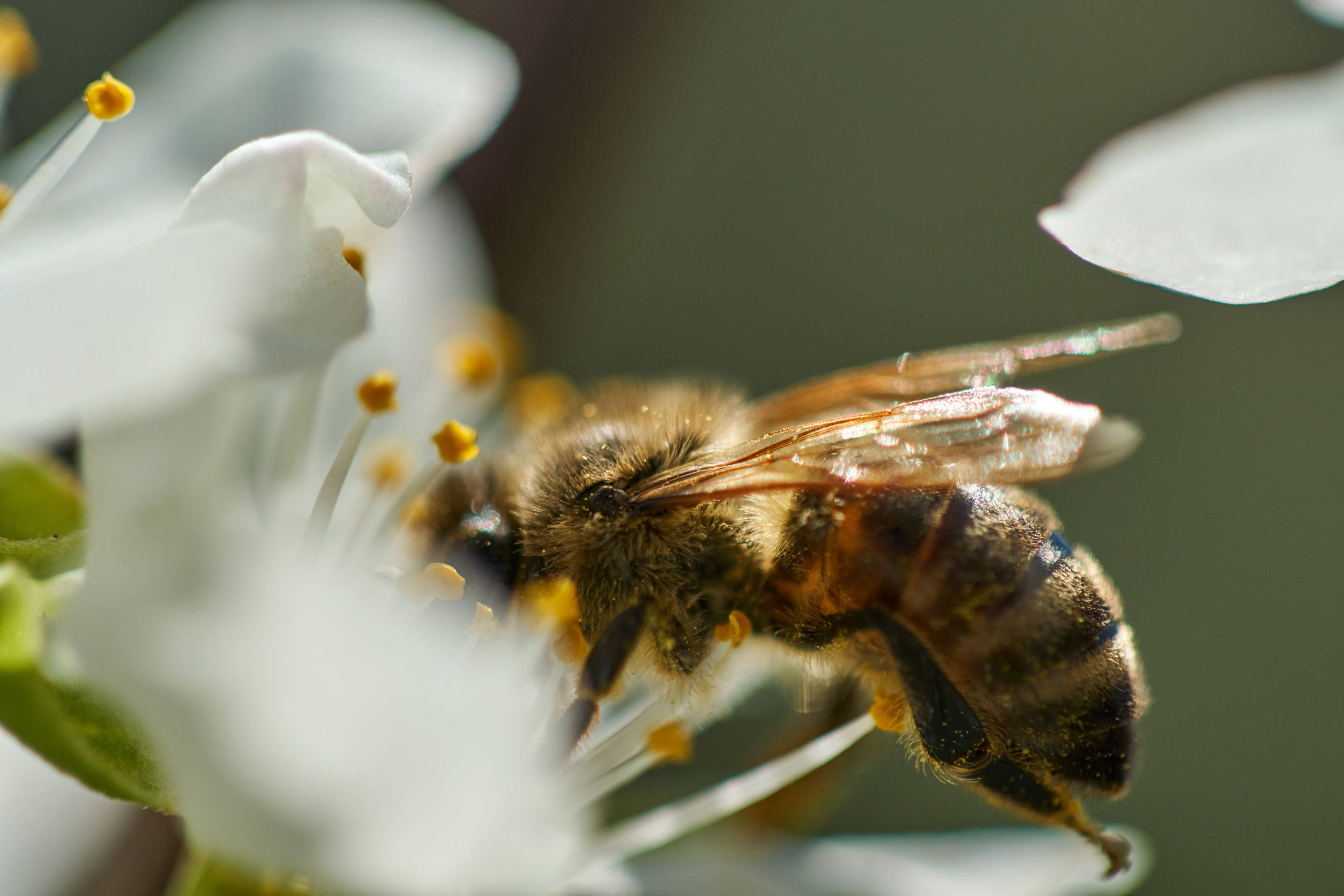BY THE OPTIMIST DAILY EDITORIAL TEAM
Denmark, a major pork and dairy exporter, is slated to become the first country to impose a carbon dioxide tax on livestock emissions beginning in 2030. This daring step intends to dramatically cut the agricultural sector’s carbon footprint while also inspiring other countries to take similar action. The Danish government announced the decision late last month, citing widespread agreement among key players.
A milestone for climate action
The CO2 tax proposal, first proposed by government-commissioned scientists in February, is part of Denmark’s ambitious ambition to reduce greenhouse gas emissions by 70 percent from 1990 levels by 2030. The agriculture sector, which is the country’s greatest producer of CO2 emissions, is the main focus of this project. “We will be the first country in the world to introduce a real CO2 tax on agriculture. Other countries will be inspired by this,” stated Taxation Minister Jeppe Bruus of the Social Democrats.
Broad-based support enables implementation
The centrist government reached a broad agreement with farmers, industry leaders, labor unions, and environmental organizations. This agreement clears the route for legislative approval, which political experts feel is extremely likely given the widespread support. The proposed tax structure would charge farmers 300 Danish crowns ($43.16) per tonne of CO2 in 2030, rising to 750 crowns by 2035.
Mitigating the economic impact on farmers
To reduce farmers’ financial burdens, the government has incorporated provisions for income tax breaks and subsidies. Farmers will be eligible for a 60 percent income tax rebate, effectively lowering the cost per tonne to 120 crowns initially, rising to 300 crowns by 2035. Furthermore, subsidies will be available to help farmers change their operations to meet new environmental regulations.
Minister for Economic Affairs Stephanie Lose emphasized the direct impact on customers, stating that the tax might rise around two crowns per kilogram of minced beef by 2030. Currently, minced beef costs roughly 70 crowns per kilogram in Danish bargain retailers.
Implications and reactions worldwide
Denmark’s move is in sharp contrast to New Zealand’s recent decision to abandon a similar tax plan due to farmer opposition. Despite initial concerns from Danish farmers about the potential impact on production and employment, the agreement was well embraced by the agricultural sector. “The agreement brings clarity when it comes to significant parts of the farmers’ conditions,” stated the L&F agriculture industry group.
Towards a sustainable future
Denmark’s pioneering CO2 tax on agriculture is a key step toward more sustainable farming practices and climate action. Denmark aspires to set an example for other countries by leading the way in environmental policy, proving that economic progress and environmental responsibility can coexist.











